Search
Remove Ads
Advertisement
Summary 
Loading AI-generated summary based on World History Encyclopedia articles ...
Search Results
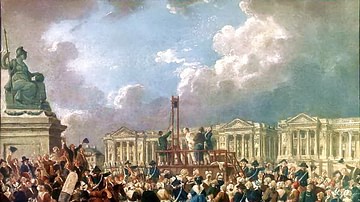
Definition
Reign of Terror
The Reign of Terror, or simply the Terror (la Terreur), was a climactic period of state-sanctioned violence during the French Revolution (1789-99), which saw the public executions and mass killings of thousands of counter-revolutionary 'suspects'...

Article
Power Struggles in the Reign of Terror
The autumn of 1793 saw the Jacobins consolidate their authority in France as the Reign of Terror intensified and the Jacobins' defeated rivals were executed by guillotine. Yet the dominant Jacobins disagreed over the direction the French...

Definition
French Revolutionary Wars
The French Revolutionary Wars (1792-1802) were a series of conflicts that arose from the tensions surrounding the French Revolution (1789-1799). The wars were fought between Revolutionary France and several European powers, most notably Austria...
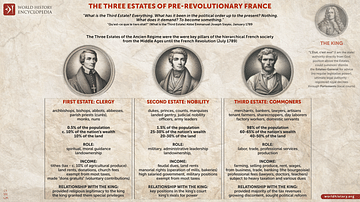
Article
The Three Estates of Pre-Revolutionary France
Society in the Kingdom of France in the period of the Ancien Regime was broken up into three separate estates, or social classes: the clergy, the nobility, and the commoners. These classes and their accompanying power dynamics, originating...

Definition
Committee of Public Safety
In the French Revolution (1789-1799), the Committee of Public Safety (French: Comité De Salut Public) was a political body created to oversee the defense of the French Republic from foreign and domestic enemies. To achieve this goal, the...
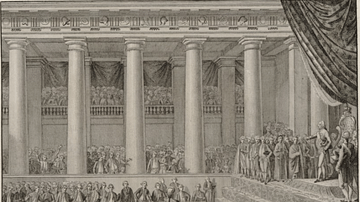
Article
Louis XVI, the Girondins, & the Road to Revolutionary War (1791-92)
On 20 April 1792, King Louis XVI of France (r. 1774-1792) stood before the Legislative Assembly and, with a faltering voice, read a declaration of war against Austria, to the ecstatic delight of the gathered deputies. This declaration sealed...
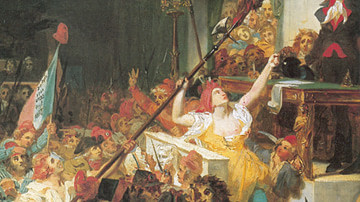
Definition
Thermidorian Reaction
The Thermidorian Reaction refers to the period of the French Revolution (1789-1799) between the fall of Maximilien Robespierre on 27-28 July 1794 and the establishment of the French Directory on 2 November 1795. The Thermidorians abandoned...
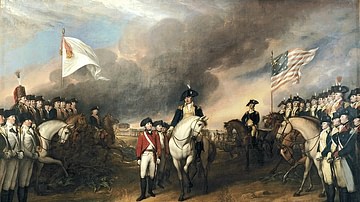
Definition
American Revolutionary War
The American Revolutionary War (1775-1783), or the American War of Independence, was a conflict between Great Britain and its 13 North American colonies, who declared independence as the United States of America. Initially a rebellion within...

Article
Ellen and William Craft's Running a Thousand Miles for Freedom
Ellen and William Craft's Running a Thousand Miles for Freedom (1860) tells the story of the couple's escape from slavery, with Ellen disguised as a young, White gentleman of means and William as her slave. They successfully traveled to the...
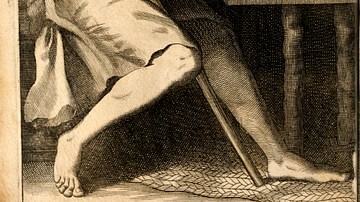
Article
From Slavery to Freedom: Epictetus' Path
The Stoic philosopher Epictetus (l.c. 50- 130 CE) following the example of Socrates, wrote none of his teachings down, preferring to impart his wisdom to his students through class discussions. His student Arrian collected and edited the...